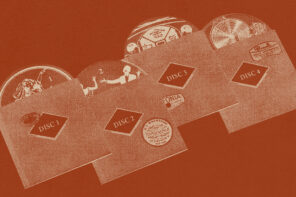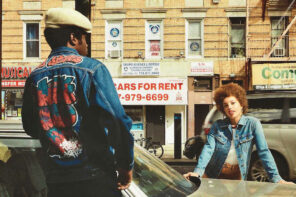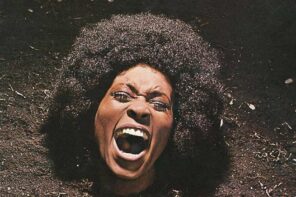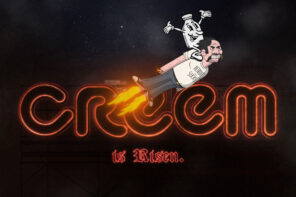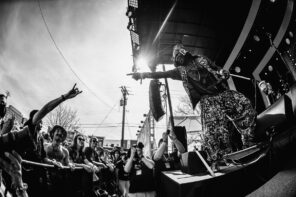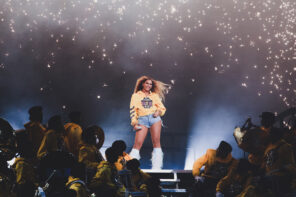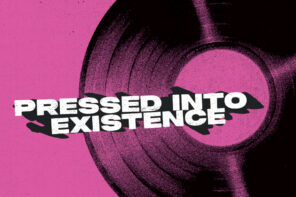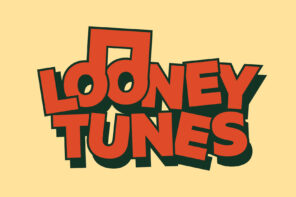Journalist Anthony Bozza on writing about Eminem, Slash, and Artie Lange and maybe doing a cookbook someday with Tommy Lee
Anthony Bozza knows a lot about other people. We’re not saying he knows a lot about you, maybe he does, who knows, but what we’re trying to tell you is that he writes biographies. And some very good ones at that. Some people we like that Anthony knows a lot about: Artie Lange, Eminem, Wyclef Jean, Slash, Tracy Morgan AC/DC and more. He also knows a lot about Derek Jeter but our editor is a Mets’ fan and if we say anything more he’ll likely cut it so we’ll stop there. Starting out as an intern at Rolling Stone, Anthony has become a NY Times bestselling author a few times over, and hosts the podcast WINYL about the intersection of wine and music (think chatting with The Talking Heads and Modern Lovers guitarist Jerry Harrison about obscure Spanish grape varietals). Thanks to his keen ear and an early interest in the rapper, Anthony landed the opportunity to write the first national cover story on Eminem for Rolling Stone, which gave Anthony’s career some early steam.
We took a few minutes of Anthony’s time to ask him if he would require a headshot from us for our autobiography, he said no he wouldn’t be writing our biography any time soon and then there was a long silence before we said “fine” and started asking him some questions about him.
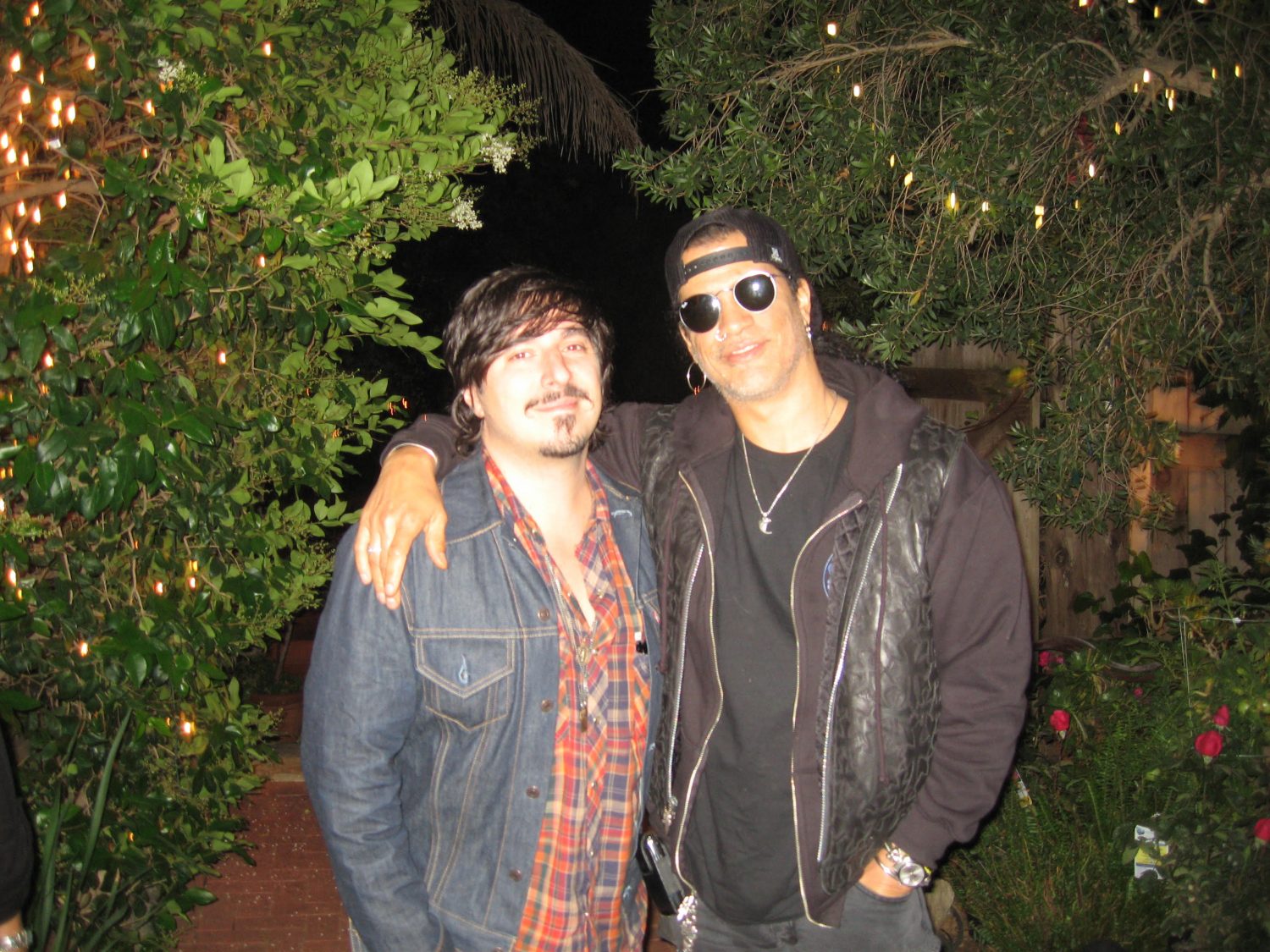
To date, what piece of writing are you the proudest of?
Which child or pet is your favorite? Aren’t they all? I’d say my first book, Whatever You Say I Am: The Life and Times of Eminem is up there because I wasn’t sure I’d be capable of pulling it off in the short amount of time I was given by my publisher—just six months. The book wasn’t a co-write, it included a number of new interviews and a lot of research. I’d never written a book before and the entire process really forced me to dig in and figure out how to be the best writer I could be. That one showed me what I was capable of under pressure, so I’ll always be proud of it. I’m also very proud of the book I co-wrote with Slash, It Seems Excessive But That Doesn’t Mean It Didn’t Happen, because his life story is so amazing and I felt like I really conveyed what it was like spending time with him in the rhythm and tone of those pages.
What about Eminem compelled you to cover him in the first place?
I had heard him on a few underground tracks and freestyling live on the “Wake Up Show,” and he was just a show-stopper. I loved the snotty attitude and the nasal delivery reminded me of Ad-Rock from the Beasties but his aesthetic was way more hood. He was self-deprecating to a degree I’d never heard a white rapper be, his lyrics were hilarious and so far over the top. He was pushing the envelope but it wasn’t shock for shock’s sake—and it was all done with an innate sense of melody that made every song catchy. From the suicide references to the drug stories and cartoonish violence, I was hooked. The pictures he painted in the early days were Looney Tunes meets Michael Meyers.
Em truly did not give a fuck back then.
That 1999 article in Rolling Stone on Eminem feels so close and so far away at the same time, and it’s a wildly interesting ride, what do you think the reception of coverage like that would be like today?
I don’t think an article like that could happen today. Everyone, famous or not is too conscious of themselves because of our smartphone, all-access world. People are so used to having cameras on them that they are always putting forth a more fabricated version of themselves. Back when I did that story, Em’s team was not prepared for everything coming at them as quickly as it did. They were not seasoned professionals with years in the business so they were overwhelmed. Also, Em truly did not give a fuck back then. He was dead honest about who he was, warts and all. To say the least, things are different now: Em is extremely guarded and media savvy and his team have made gaining an audience with him harder than meeting the Pope. As for the reception of the article, I’m not sure what people even expect from entertainment journalism these days. There are always exceptions, but for the most part what I see is very set-up and regimented and as a result, the articles aren’t very exciting or spontaneous.
Good writing stands out without feeling forced. That is always a challenge, more so these days, when the speed of publishing content has been prioritized over the quality. In my opinion, today’s younger writers try to make their mark by putting their personal reaction to the art and artist front and center rather than being observational and informative for the sake of the reader, which is what I’ve always emphasized in my writing. Too many features and reviews today make me feel like I’ve accidentally picked up someone’s diary. Rolling Stone wrote the manual on the type of embedded piece that my first Eminem story was and I’m very proud of having done something, as my first story, that is in the gonzo style made famous by Hunter S. Thompson in the earliest days of Rolling Stone. It means the world to me to have launched my career in that tradition.
How’d you get your start at Rolling Stone?
I was an intern there in two departments, book publishing and production, and then I was hired as an assistant librarian, which led to a position as the assistant to the Music Editor. From there I started taking every writing assignment no one wanted and was good enough at it that I was promoted to Associate Editor and then Staff Writer.
Do you think rap has lost some edge or has it evolved into something more nuanced?
Evolution and constant change is the nature of our existence. Technology has sped up cultural change considerably, but has also homogenized it. Trends are global within weeks now, which has sanded the edge off idiosyncratic nuances in popular art in general. That said, I’m not as much a fan of current hip hop, again with exceptions, as I am of more lyrically-driven hip hop with a message. I’m from the era that saw this underground movement born of disenfranchised ethnic groups become an international language and tremendous commercial entity. It’s just a fact that whatever era you come up with will be your favorite and now that hip hop and rap have been around for 40 years, there are several generations of it. Personally I think current hip hop is less nuanced, it’s more obvious and far less musical than old school hip hop. I prefer two turntables, samples, cutting, DJ skills and rhymes to trap. I’ll party to new-school stuff, that’s fine and that’s what it’s there for, but don’t try to tell me that Tyler or Lil Whoever is a better rapper than Rakim.
Who is a person that you wrote an autobiography for that you wish you could write a sequel or expanded version for?
I try to write every autobiography as if it is the final word, the only one they will ever need. That said, I’d work with Slash again on a more conceptual book, something on his favorite guitarists or rock records, because the way he speaks about music is at once approachable, enthusiastic and obviously very technically informed. I’d love to do something with Tommy Lee in the same vein—maybe something to do with cooking because he’s great in the kitchen and he’s always charming and funny. I’d say the only one I’d approach as a true sequel would be Tracy Morgan’s because his life changed so drastically after that horrible car accident. That is a story worth telling.
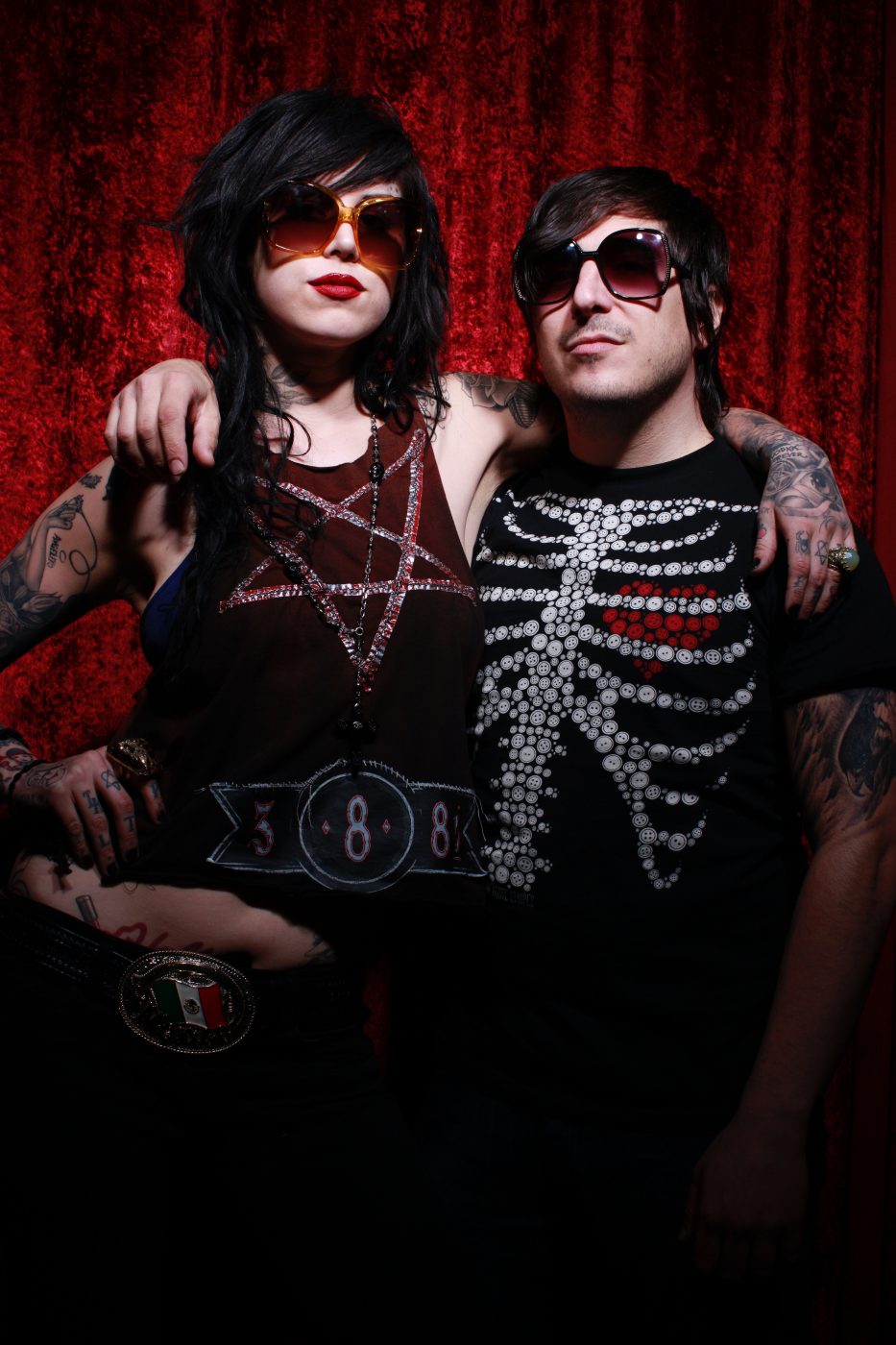
Was there ever an article you wish you could have rewritten?
Every good writer has to be a good editor—especially these days—so when I look at my work I always find things I’d change. The majority of my articles were published in Rolling Stone, which back then came out every two weeks, so because of that time crunch there are definitely some that I wish I could have taken more time on. More than that though, when you’re on staff at a national magazine that covers a wide swath of culture, there are articles that you are assigned to write that you wish you weren’t. I’ve got a few of those in my rearview for sure.
Do you have a favorite bad review of your writing?
If we are talking about professional reviews of my books, I’m thankful to say that I haven’t been dramatically panned. The one critique I’ve gotten is that I’m sometimes too enthusiastic about the artist that I’m covering. Guilty as charged. And that’s because, as much as I can, I only choose to write about artists that I consider culturally significant or those with stories that absolutely must be told. Of course today everyone thinks that their opinion—informed or not—is significant and must be heard, so I’ve read entertaining stuff on Amazon and the Internet. Most comments are by people who are outraged that I took a break from the story to include discussions that provide a greater context. This is something that I’m always careful to explain that I’m doing before I do it by the way, but that doesn’t seem to matter. For example, in the introduction to my first Eminem book, I explain that the book is not a straight-ahead biography. The goal is to tell his story but also provide an intellectual and educational cultural analysis of how and why he became the most controversial artist in the world between 1999 and 2003. I’d say I got there, because the book has been a part of a number of college curriculums and I’ve gotten many emails from students asking me further questions for their college thesis. That said, you’d be surprised at how many people were incensed by the fact that I included a chapter on the history of hip hop before going on to explain the significance of Eminem making it as a white rapper, which was definitely still a thing back in 1999, kids.
Similarly, in the second Em book, it was probably the same people who didn’t see the point of a chapter that covered how Eminem’s success opened the door for a slew of white rappers and how and why the subject of race has come to be less of an issue. So the bad “reviews” are usually for the book not conforming to someone’s vision of what they think it should be. There is one Amazon review about my writing itself that I remember, though. I was called out for using too many complex words. That made me happy. I hope they exchanged my book for a dictionary.
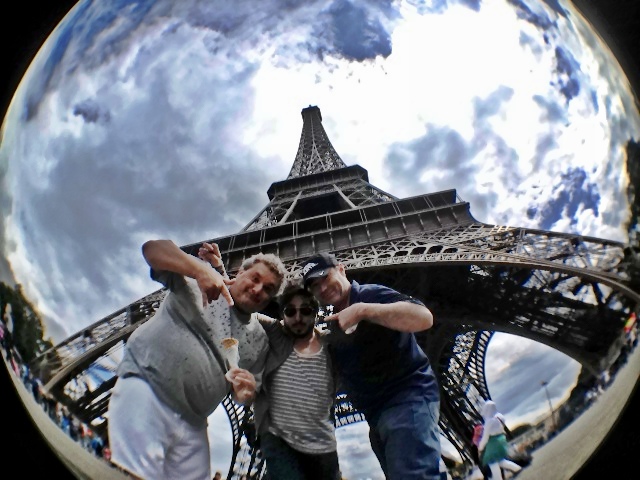
What was your favorite anecdote from writing Artie Lange’s autobiography?
Our fateful trip to Paris really tops the list in terms of nailing the spectrum of what it is like to have Artie in your life. It went from fun to dysfunctional to scary to having armed Gendarmes stopping traffic and taking him away in a paddy wagon. Every bit of it is detailed in our second book, Crash and Burn. The best times were when Artie was sober or some semblance of it, because he’s so quick, witty and darkly funny that just watching TV with him is a gut-bustingly hilarious experience.
Do you find that covering comedians is similar to covering musicians in terms of dark and light periods?
Don’t let brooding musicians fool you, comedians are by far the darkest, most self-hating souls on Earth. Not all of them, but the ones that lean that way make Marilyn Manson at his most drug-addled and strange seem like Tinkerbell on Prozac.


